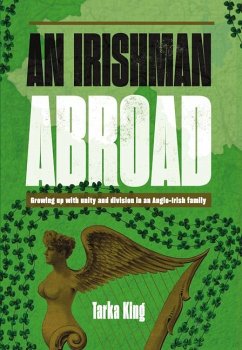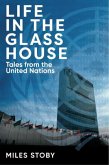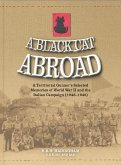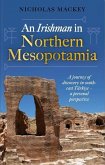InAn Irishman Abroad, Tarka King recalls his feral youth on the periphery of the Anglo-Irish world, his brief UK public school education and a period of extensive travel, followed by a period of soldiering in the Middle East at the height of the Cold War before returning to Ireland. The book identifies the pre-Belfast Good Friday Agreement Ulster Canal project as a way of tackling historic regional socio-economic ills, with supporting opinions from wide range of contacts stretching from senior IRA hunger strikers through to dedicated hardline Unionists. King refl ects on how he felt compelled to move to England due to the unrest in the early 1980s and how management of his farm and forests in 'no-man's- land' was not surrendered and his interest in pursuing the Ulster Canal restoration continues.
Hinweis: Dieser Artikel kann nur an eine deutsche Lieferadresse ausgeliefert werden.
Hinweis: Dieser Artikel kann nur an eine deutsche Lieferadresse ausgeliefert werden.








